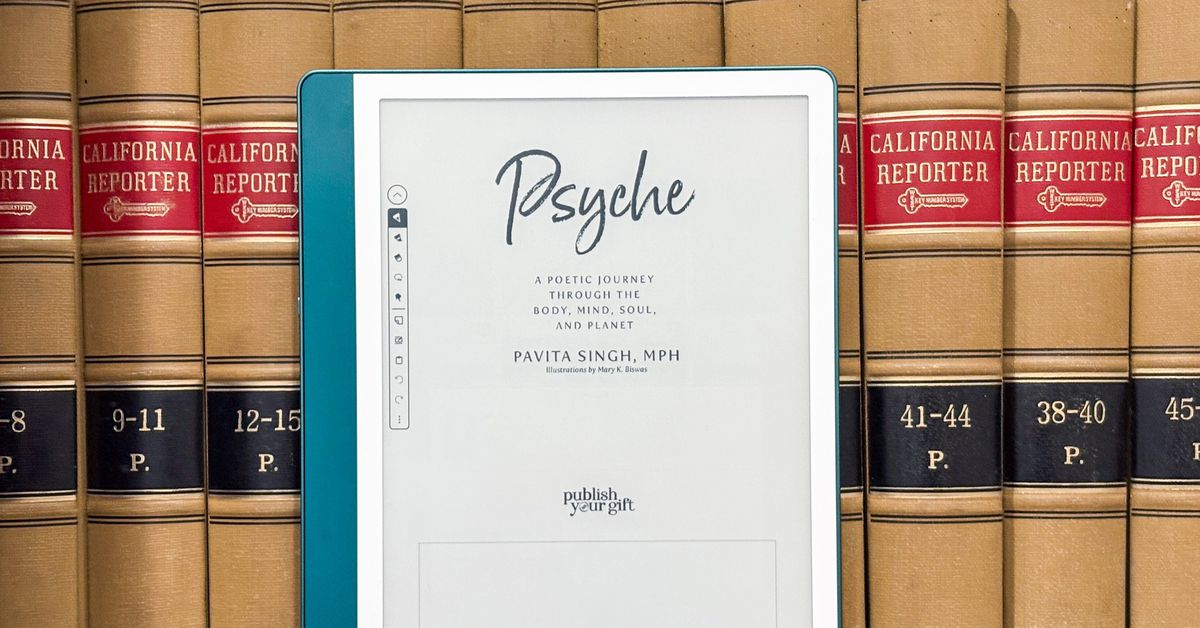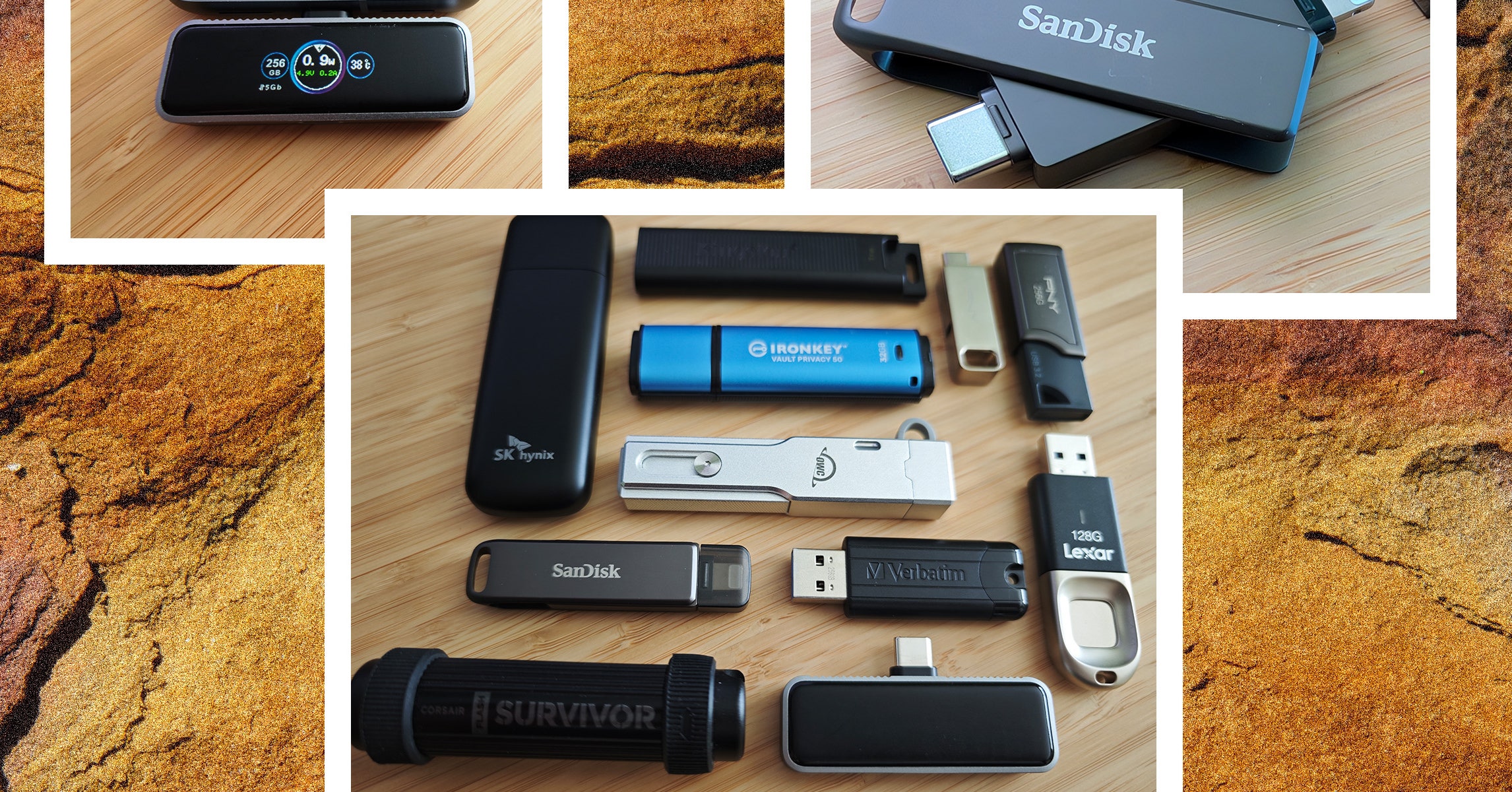from the not-how-any-of-this-works dept
I had seen this story before Christmas making the rounds on Bluesky, claiming that United Healthcare had sent DMCA takedowns to Teepublic to remove artist Rachel Kenaston’s illustration of Luigi Magione, the guy arrested for shooting and killing United Healthcare CEO Brian Thompson.
While it does appear that Teepublic did, in fact, remove the image and claims to have received a DMCA notice from United Healthcare, I find it extremely unlikely that UHC actually sent a DMCA notice, given that they have no legitimate copyright claim over the image and enough lawyers who would know that. But we’ll get to that.
This case highlights a fundamental problem with the DMCA — it enables censorship by creating a system (backed by law) which allows anyone to demand content be removed from the internet with no real due process, putting heavy legal (governmental) pressure on companies to comply even if the claims are dubious. This arguably violates First Amendment rights by allowing the government to silence lawful speech.
While we can’t say definitively that UHC is abusing copyright law here, the fact that someone is able to do so in this case demonstrates the need to view copyright and the DMCA’s notice-and-takedown procedure in particular as a problematic tool for censorship.
404 Media got its hands on the actual email Kenaston received from Teepublic:

For reference, here is the removed image that Kenaston made:

It’s clearly an illustration based on the photo the NYPD released when attempting to identify Mangione, of him apparently smiling for someone working at the hostel he stayed at.
So, first off, obviously, the underlying image that the NYPD released would have extremely limited copyright protections which, if anything, would be assigned to the operator of the surveillance camera that took it. Kenaston’s illustration might also receive some fairly limited copyright protections for her artistic input.
But, obviously, none of that means that UHC would have any copyright interest at all. I doubt that UHC would have actually filed anything here, even if they don’t like the fact that a very large group of people appear to be supportive of Mangione. UHC have enough lawyers who understand IP law to know that this would be a totally bogus request. Of course there are many cases of companies sending such bogus requests, but those typically involve media operations or other IP-based companies, where unrelated content gets swept up by indiscriminate waves of takedowns (often through a third-party brand monitoring service). It seems similarly unlikely that UHC operates that kind of large DMCA takedown regime.
Also, TeePublic is misrepresenting the DMCA when it says it has no say in what stays on the site, or that it is “required” to remove the content. That’s simply false. The law does not require it, though it does create strong incentives for removal, by offering up a liability safe harbor for those that do remove. But companies are free to reject takedown notices if they don’t believe they are legit. It’s just that they might have to later defend that decision in court.
For what it’s worth, Teepublic is owned by RedBubble, and RedBubble has been taken to court many times over bogus claims of infringement. Indeed, I was an expert witness for them in past cases, so I know that the company has lawyers on staff who know full well that they can push back against bogus takedown claims. But also, I recognize that having fought out some expensive cases in court, they may take a much more “just pull it down so we don’t have to pay more lawyers” approach.
Going through the Lumen Database for takedowns using the Luigi Mangione name, I see that there are a bunch. Though, many of them seem to be people who made other stylized designs of Mangione and are mad that others have put them on t-shirts and hoodies. I question how many of the senders have significant copyright claims in designs like the following:

As we’ve been pointing out for decades, copyright is one of the very few tools in the toolbox that allows anyone to legally demand content be removed from the internet, and companies feel strongly compelled to do so.
Whether or not UHC is actually abusing copyright law this way, it’s clear that someone out there is, and that’s a very problematic feature of copyright law. The assumption that anything listed in a takedown notice is infringing, and the corresponding heavy-handed pressure to remove the content or face huge potential penalties, again reminds us why the DMCA is very questionable on First Amendment grounds.
The fact that someone is abusing it in this particular case is just a reminder of that, even if it’s not actually UHC doing the abusing.
Filed Under: 1st amendment, censorship, copyfraud, copyright, dmca, luigi mangione, notice and takedown, rachel kenaston
Companies: teepublic, united healthcare










Leave a Comment